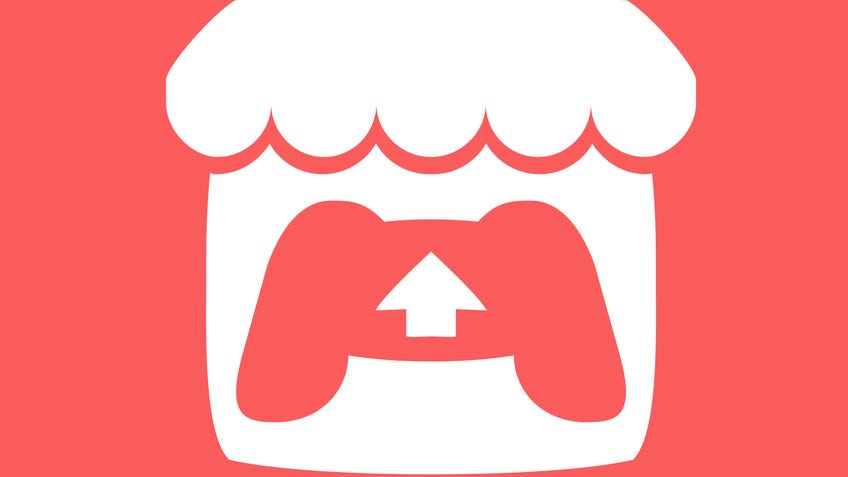Digital indie TRPG platform Itch.io calls NFTs a scam
“How could you be so dense? :’(”
Itch.io, the popular online platform for indie video games and tabletop RPGs, clarified their stance on NFTs via Twitter over the weekend, offering strong words for their advocates. Essentially, don’t expect to see the company working with the blockchain-powered technology any time soon.
“A few have asked about our stance on NFTs,” Itch.io tweeted on Feb. 5th. “NFTs are a scam. If you think they are legitimately useful for anything other than the exploitation of creators, financial scams, and the destruction of the planet then we ask that please [sic] reevaluate your life choices.”
A follow-up tweet called out companies who have already embraced NFTs or expressed a desire to do so, saying such a move goes against any claims or promises to support creators who use their platforms. Itch.io references the months-long public discussion, research and reporting that has been done across sectors on NFTs as ample reason to avoid their adoption.
For those who have been able to live through the last two years without learning about NFTs, the initialism stands for non-fungible tokens and refers to the practice of creating and selling a receipt of ownership to something that is stored within the blockchain and ostensibly safeguarding its value at the same time as providing a publicly available ledger of said ownership. NFTs were initially pitched to artists as a way to liberate them from traditional markets, but the reality is closer to a ponzi scheme in the vein of the 2008 American housing market crash with substantial ecological harm mixed in. The 'Line Goes Up' video from YouTube creator Dan Olsen has quickly become the go-to explainer for the current situation, and for good reason.
While Itch.io didn’t specifically name companies, the announcements followed hot on the heels of backlash against fellow self-publishing marketplace Gumroad for its non-committal Tweet about NFTs and apparently hiding a reply from a former illustrator who alleged owner Sahil Lavingia already was investigating the technology. Lavingia then began replying to individuals from his personal account, further stoking the ire of artists and users who began calls to delist their art, books and other creations from the platform.
This all takes place in the shadow of Kickstarter’s late 2021 announcement that it would be developing blockchain technology that will eventually be weaved into the foundation of the crowdfunding website’s structure. A similar mass outcry from artists - especially indie tabletop RPG designers - followed, and many are seeking alternatives in the form of competitors such as Indiegogo or self-funding solutions.
Itch.io’s claim might be strongly worded, but its practises tell a slightly different story. As reported by PC Gamer, games that use NFTs are listed on the platform alongside obvious parodies. Creators can choose to not share any profits with Itch.io, though, and that relationship has allowed plenty of hard-to-list content to find a home within its digital library. It’s also been pointed out that Itch.io will soon be available as an app within the Epic Game Store, which said last year it would host game titles that use blockchain technology. President Tim Sweeney has criticised NFTs and blockchain scams while still maintaining an ostensible good use for them must exist. Somewhere.
Beyond the tabletop sphere, plenty of entertainment companies are clambering into the NFT bandwagon despite general public distaste. Triple-A video game companies such as Ubisoft and Gamestop are the latest in a recent string of seemingly dedicated plans to sell NFTs inside upcoming games.. Many more companies have ditched their plans after immediate negative reactions in what is becoming a common occurrence - the partnership is announced with all the PR speech imaginable before either being deleted or summarily cancelled hours later.
For now, it seems Itch.io will not be directly embracing NFTs in the way Kickstarter plans to do. How it and other companies will navigate relationships with huge corporations all too willing to make a quick buck before the public opinion worm completely turns will likely remain a challenge, and one that will probably play out in the comment section of Twitter.

